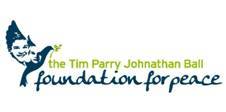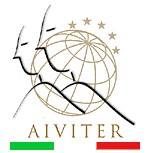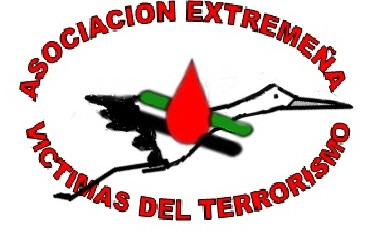Aims and content of NAVT
The main aim of NAVT is to stimulate trans-national co-operation between associations of victims of terrorism and enhance the representation of victims' interests at European Union level. This should be done through the setting up and running of a stable, focussed and effective network of European associations of victims of terrorism or other non governmental organisations with a special focus on supporting victims of terrorism
The general aim of NAVT are:
- Create a network of associations of victims of terrorism or other organizations with a special focus on supporting victims of terrorism;
- Contribute to increase the representation of victims of terrorism in the European Union well as the solidarity of European citizens with them;
- Assess current aid and protection offered to victims of terrorism in the European Union;
- Gather best practices and identify gaps in the aid and protection offered to victims of terrorism;
- Propose activities to extend best practices and address these gaps;
- Support the Union's goal of providing aid and protection to victims of terrorism
The objectives of the Network have been:
- Development of a unified assistance to victims or terrorism in Europe.
- Development of the European protocol of performance in terrorist attacks.
- Assessment to Governments, NLO, and other organizations which work with victims of terrorism.
- Creation of list of experts in every European country, who could give the most efficient and fast support to victims in any place of Europe. These lists of experts would be proposed by the Network, among those professionals who had the enough knowledge and experience in the arena support of victims of terrorism.






